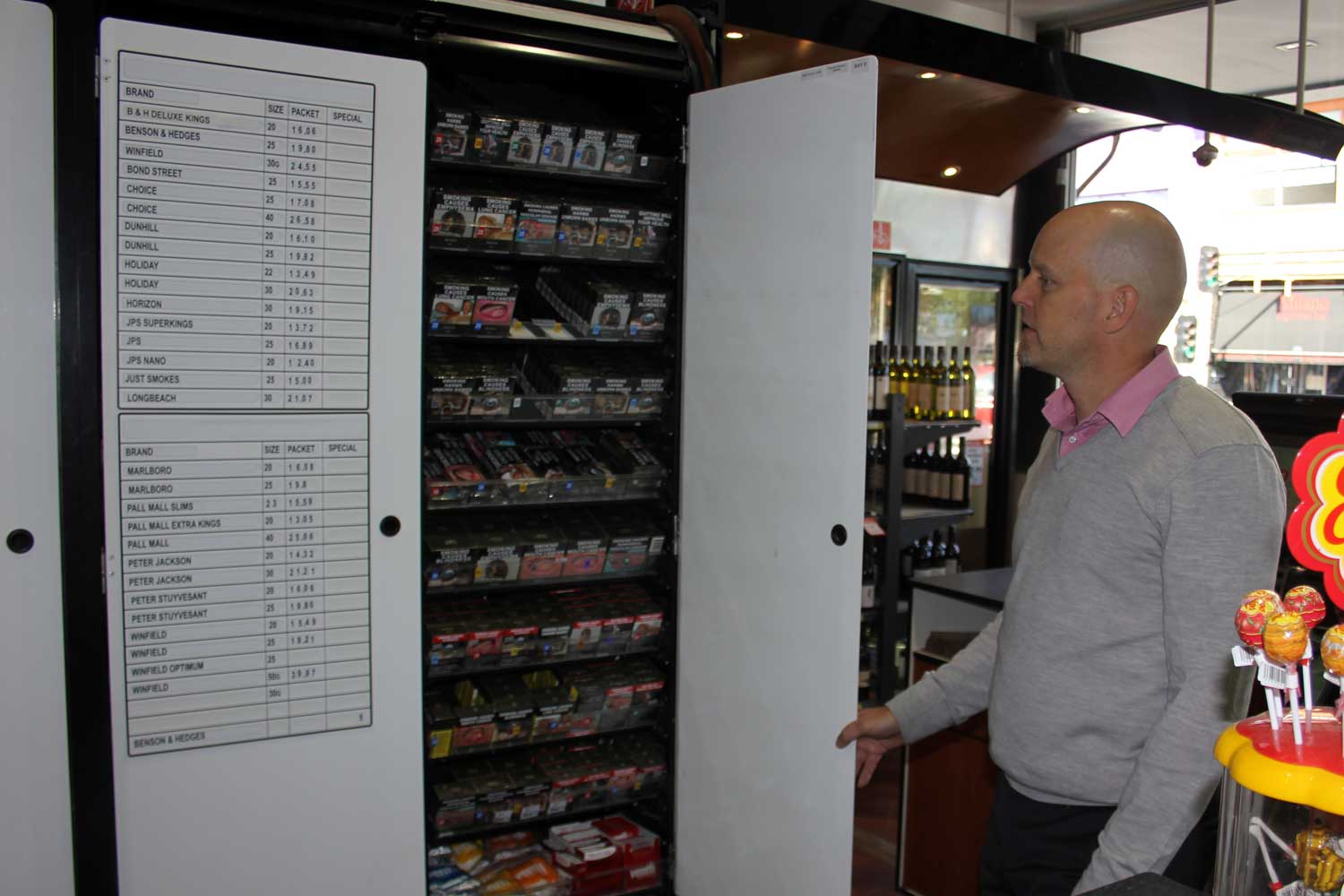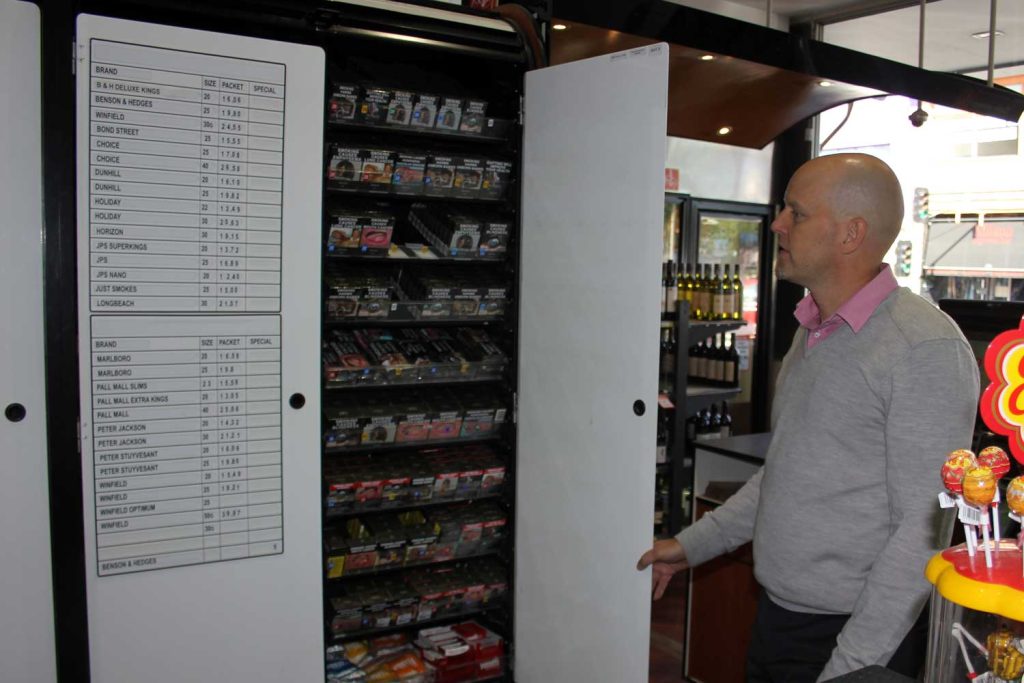Legal cigarette sales in Luxembourg jumped by 740 million units in 2024, marking a 17% year-on-year increase, according to a new KPMG report on illicit cigarette consumption across Europe. Despite the surge, only 12% of the 5.1 billion cigarettes sold were smoked within the country, as the remaining 88% were consumed across the border, mostly in Germany, Belgium, and France, where significantly higher tobacco prices continue to drive cross-border purchases.
Luxembourg’s average cigarette pack price of €5.10 undercuts neighboring countries by up to €3, and is less than half of the cost in France.
While cigarette consumption is booming, illicit trade remains low. Fewer than 9 million cigarettes consumed in Luxembourg were illicit—just 2% of total consumption. By contrast, France’s illicit cigarette rate has climbed to 38%, among the highest in the EU, as high prices fuel a parallel underground market.










